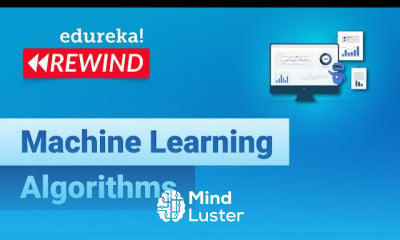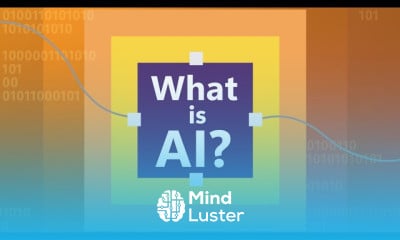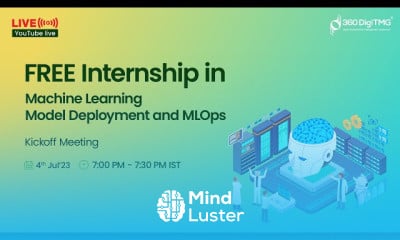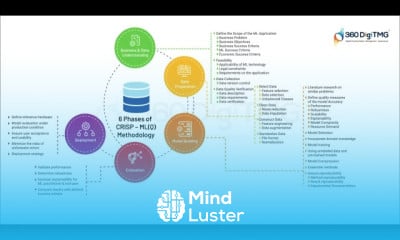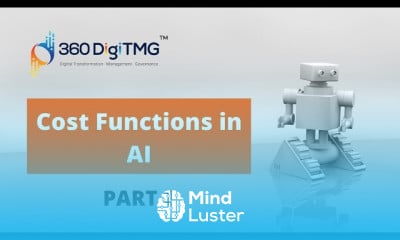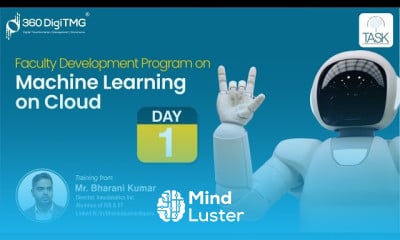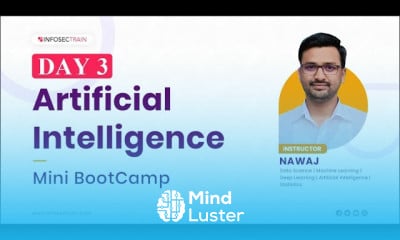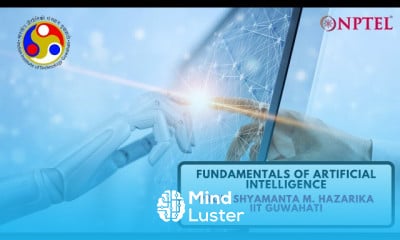2 MLOps Types of Model Deployment
Share your inquiries now with community members
Click Here
Sign up Now
Lesson extensions
Lessons List | 4
Lesson
Comments
Related Courses in Artificial Intelligence
Course Description
MLOps fundamentals course,
in this course we will learn about the MLOps fundamentals. MLOps, short for Machine Learning Operations, is a set of practices that aims to deploy and maintain machine learning models in production reliably and efficiently. This course covers the essential concepts and tools needed to understand and implement MLOps in your organization. You will learn about the lifecycle of machine learning models, including data preparation, model training, deployment, and monitoring. The course also delves into best practices for collaboration between data scientists, machine learning engineers, and operations teams to streamline workflows and improve productivity. We will explore key MLOps tools and frameworks such as Docker, Kubernetes, and CI/CD pipelines, and how they can be used to automate and scale your machine learning workflows. Additionally, the course will cover strategies for version control, reproducibility, and governance to ensure that your models are robust and compliant with industry standards. By the end of this course, you will have a solid understanding of the MLOps landscape and be equipped with the skills to implement these practices in your machine learning projects, leading to faster development cycles and more reliable model performance in production environments.
Trends
Graphic design tools for beginners
Web Design for Beginners
Graphic Design Basics
Graphic Design | Photoshop
Accounting
Advanced Logo design methods
Figma for UX UI design
Customizing type for logos
UX design career in 2025
Web Design 101 Free Full Course
Make money as a freelance designer
Web Design Using HTML CSS
Logo Design
Best zoology books
Financial Accounting
Biology
Accounting Finance course
Figma Signing Up and Signing In
Web design basics
Logistics and Supply Chain Management
Recent
Bioinformatics basics
Bioinformatics databases
Vitamin A to Z tablets
Best zoology books
Best cream for piles pain
Laser surgery for piles
Best cream for piles
Anal fissure treatment
Best antibiotics for diseases
Antibodies structure
Macrophage structure
Drosophila genetics
Diagnostic tests
Bioinformatics
Genetics
Gene therapy
Kidney structure
DNA replication and types
Bacterial cell structure
Parasite structure




